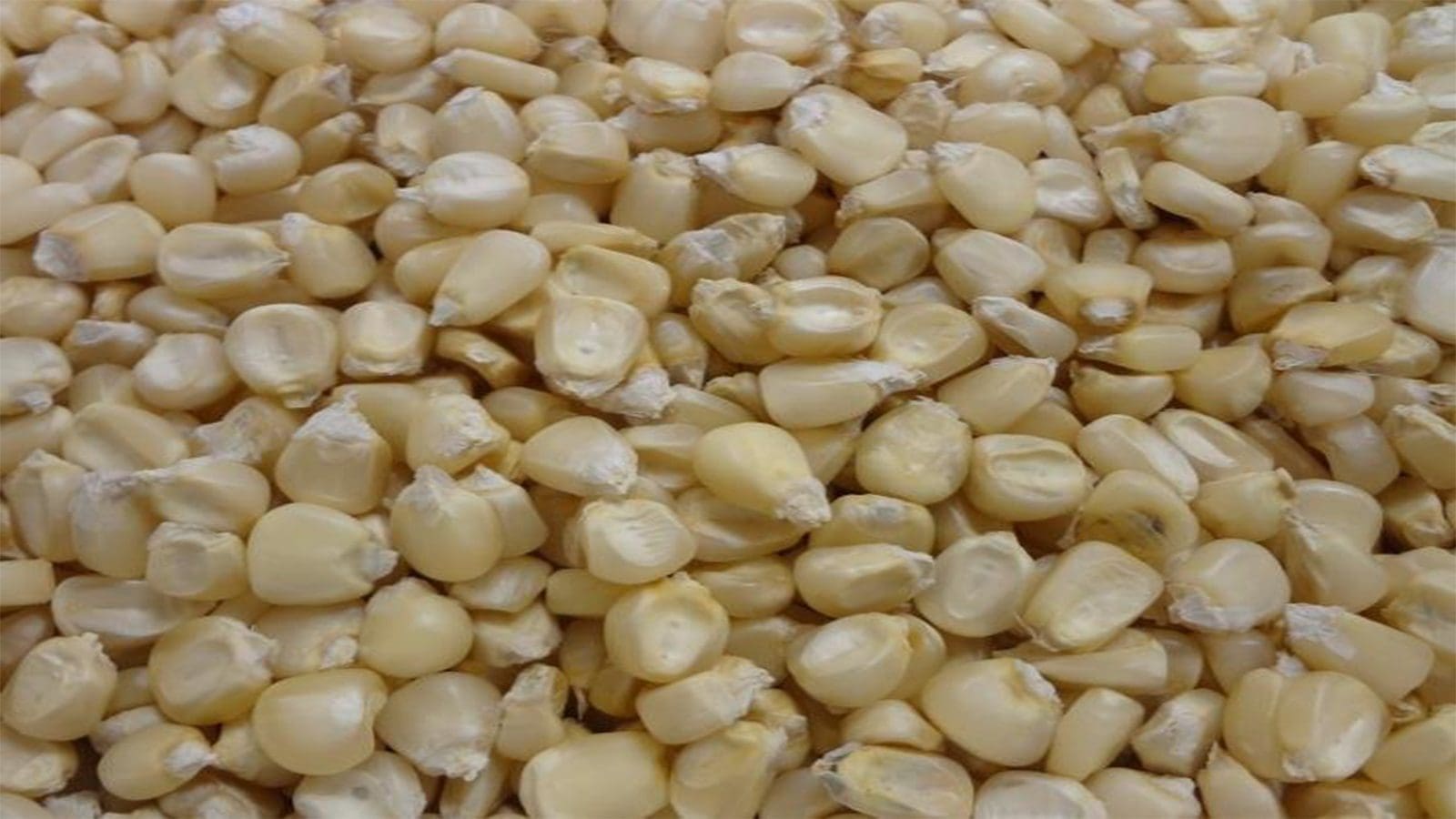UGANDA – The Grain Council of Uganda has asked government to immediately ban the export of ungraded maize, whose trading has increased due to demand pressures across the East African region.
Mr. Henry Musisi, Acting Executive Director, Grain Council of Uganda, said the export of ungraded maize presents a number of challenges, which include distortion of quality and pricing and stifling growth of Uganda’s grain processing sector.
“We don’t want to lockout anyone from the market including our neighbours but they should take maize that meets the EAC standards,” he told Daily Monitor.
He noted that the issue has been recorded across all border posts leading to Kenya, South Sudan and other East African countries.
“East African countries have ratified and agreed on a set of minimum standards on all grains. It is only grain that is clean and dried to agreed moisture levels that should be graded, packed in standard bags and allowed to be exported,” Mr. Musisi said, noting that traders from Kenya and Rwanda want to buy maize from the farms because they want to distort prices.
Mr. David Ebiru, the Executive Director, Uganda National Bureau of Standards (UNBS) who also attended the meeting, said they were aware that Kenyan traders are going up to the farms, from where they pick ungraded maize.
“We agreed with an action plan to formalize trade in grain, especially maize and all other cereals,” he said.
The Executive Director disclosed that another meeting has been set on August 2 to review the action plan to see what measures should be adapted to organize traders in the grain sector.
Maize is an important ingredient in the manufacture of white flour, which is one of the largest food items in East Africa, and production of animal feeds.
Countries in East Africa are competing for a limited stock of white maize amid constrained supply resulting from poor harvests.
Mr. Musisi also noted that whereas Uganda has the capacity to process and store all the maize it produces, some dealers choose to sell the commodity on the farm, which has in effect stifled growth of processing facilities, whose installed capacity stands at more than 10,000 tonnes per day.
Currently, he said, processers are operating at a capacity of between 30 and 40 percent yet unprocessed maize is exported at low rates with very little or no value addition, reports Daily Monitor.
“The market has been eroded by open purchase of maize when it is still on the farm,” he said, noting that this affects quality and development of related industries such as maize millers and processors.
Uganda currently exports the largest share of its maize to South Sudan. However, Kenya is mulling on increasing the share of what Uganda exports to the country as it seeks to resolve a shortage resulting from poor harvests.
The U-turn is a shift from a difficult trading relationship in which Kenya has previously blocked Uganda’s maize from its market on claims that it contains high levels of aflatoxins.
The blockades had in the process forced Ugandan traders to seek alternative markets, among which include South Sudan, which currently is taking the largest share of Uganda’s maize exports.
Liked this article? Subscribe to Food Safety Africa News, our regular email newsletters with the latest news insights from Africa and the World’s food safety, quality and compliance. SUBSCRIBE HERE








